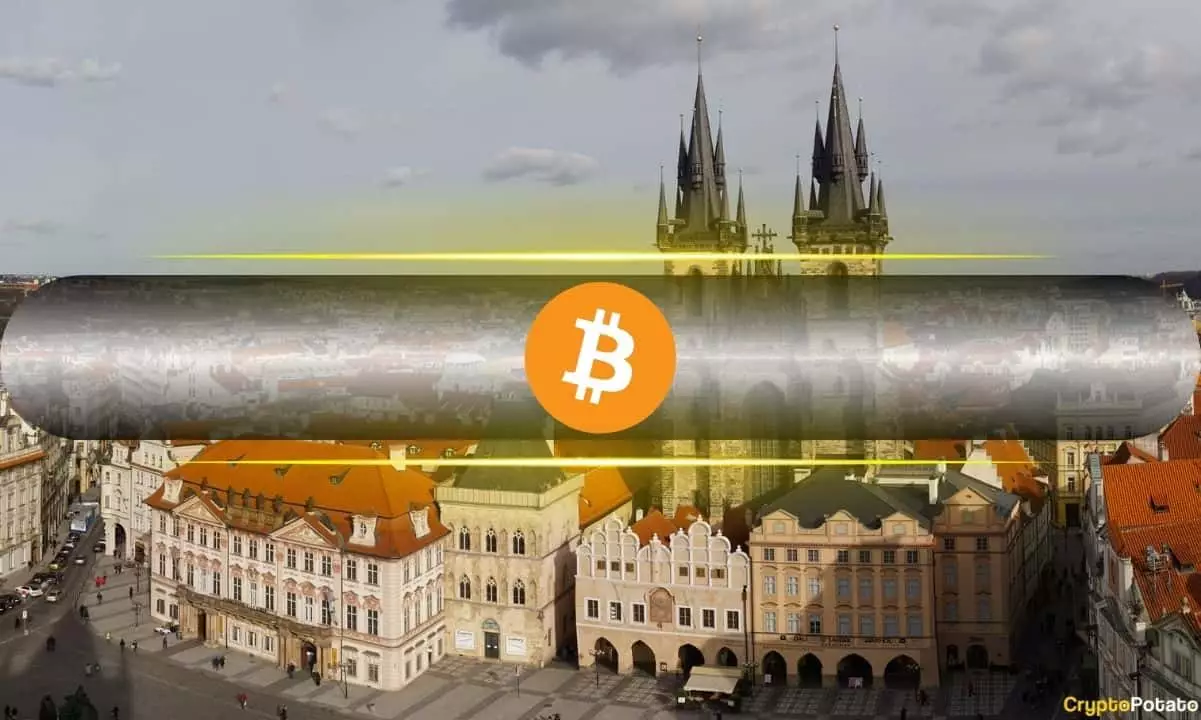In recent months, there has been a noticeable shift in the way governments view Bitcoin, particularly as a potential addition to national reserve assets. Countries like the Czech Republic, United States, Switzerland, and Russia are beginning to explore the feasibility of Bitcoin, reflecting a broader global trend toward cryptocurrency integration into mainstream financial systems. The Czech National Bank, led by Governor Aleš Michl, has emerged as a significant player in this discussion. Michl has suggested that acquiring a small amount of Bitcoin could serve as a diversification strategy for the country’s foreign exchange reserves, a move indicative of the changing perceptions surrounding cryptocurrencies.
The political landscape surrounding Bitcoin is also evolving. Notably, former President Donald Trump’s shifting stance on Bitcoin reflects a complex relationship between politics and cryptocurrency. After initially expressing skepticism, Trump has now advocated for the establishment of a U.S. Bitcoin reserve aimed at enhancing economic stability. This change in sentiment underscores the growing acknowledgment of Bitcoin’s potential role in mitigating inflation and protecting against currency depreciation. Yet, this proposition is not without its detractors. Members of Congress continue to voice apprehensions over the volatility and risks associated with cryptocurrency investments, highlighting the ongoing debate that surrounds its legitimacy as a national asset.
Switzerland stands at the forefront of these developments, with the Swiss National Bank considering Bitcoin alongside traditional assets like gold. Should a referendum validate this move, Switzerland could become the first country to officially recognize Bitcoin as a reserve asset, aligning with its long-standing reputation as a financial innovation hub. The implications of such a decision could ripple across Europe, sparking discussions among other nations about the strategic benefits of incorporating cryptocurrencies into their reserves.
In Germany, politicians such as former Finance Minister Christian Lindner are championing the idea that Bitcoin may provide an avenue for reducing dependency on the U.S. dollar. This sentiment echoes the views of numerous stakeholders throughout Europe, emphasizing the need for monetary independence in an increasingly interconnected global economy.
Russia’s proactive approach to Bitcoin further demonstrates the urgency with which various nations are navigating this landscape. With initiatives aimed at integrating cryptocurrencies into international transactions, Russia appears to be taking strategic steps to sidestep Western sanctions and decrease reliance on the U.S. dollar. Politicians like Anton Tkachev are advocating for the establishment of a state-managed Bitcoin reserve, signaling a concerted effort to adopt digital currencies for both political and economic resilience.
The conversations happening across these diverse nations reflect a broader acknowledgment of Bitcoin not merely as a speculative asset but as a potential cornerstone of financial stability. As governments reassess their reserve strategies, the implications for both national and global economies could be substantial. With Bitcoin’s finite supply serving as an appealing hedge against inflation, its role in the financial ecosystem appears to be solidifying. As more nations consider this digital frontier, the evolution of global financial policies could very well mark the beginning of a new era in economic management.
















Leave a Reply